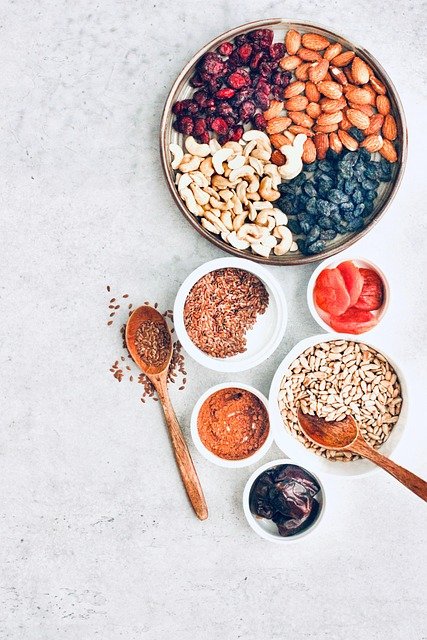The Best Natural Foods for Brain Health and Memory Support
Natural medicine continues to gain traction for its ability to improve long-term brain health. This article explores delicious, nutrient-packed foods that may help prevent memory loss, reduce brain fog, and enhance clarity without any synthetic supplements.

What role do antioxidants play in brain health?
Antioxidants are crucial for protecting brain cells from oxidative stress and inflammation, which can lead to cognitive decline. Foods rich in antioxidants, such as berries, are particularly beneficial for brain health. Blueberries, strawberries, and blackberries contain high levels of flavonoids, which have been shown to improve memory and delay cognitive aging. Additionally, dark chocolate with a high percentage of cocoa solids is packed with antioxidants and can help improve blood flow to the brain, potentially enhancing cognitive function.
How can omega-3 fatty acids boost brain power?
Omega-3 fatty acids, especially DHA (docosahexaenoic acid), are essential for brain health and function. These healthy fats are found in abundance in fatty fish like salmon, mackerel, and sardines. Regular consumption of omega-3-rich foods has been linked to improved memory, better cognitive performance, and a reduced risk of neurodegenerative diseases. For those who don’t eat fish, plant-based sources like chia seeds, flaxseeds, and walnuts can provide alpha-linolenic acid (ALA), which the body can convert to DHA.
Which nutrients in leafy greens enhance mental clarity?
Leafy green vegetables are powerhouses of brain-boosting nutrients. Spinach, kale, collard greens, and Swiss chard are rich in vitamins E and K, folate, and carotenoids. These nutrients work together to protect brain cells, improve cognitive function, and potentially slow mental decline. Folate, in particular, plays a crucial role in mental clarity and memory by helping to lower levels of homocysteine, an amino acid that can impair brain function when present in high amounts.
How do nuts and seeds contribute to cognitive health?
Nuts and seeds are excellent sources of vitamin E, which is associated with less cognitive decline as we age. Almonds, hazelnuts, and sunflower seeds are particularly high in this antioxidant vitamin. Additionally, pumpkin seeds are rich in zinc, a mineral that is crucial for enhancing memory and thinking skills. Walnuts, shaped like miniature brains, are not only rich in omega-3s but also contain polyphenols that may help fight inflammation in the brain and improve memory.
What role does turmeric play in brain function?
Turmeric, a vibrant yellow spice commonly used in Indian cuisine, contains curcumin, a compound with powerful anti-inflammatory and antioxidant properties. Studies have shown that curcumin may help improve memory and mood, potentially even clearing the amyloid plaques associated with Alzheimer’s disease. To enhance absorption, it’s recommended to consume turmeric with black pepper, which contains piperine, a compound that increases curcumin’s bioavailability.
How can fermented foods support cognitive health?
Fermented foods like yogurt, kefir, kimchi, and sauerkraut are rich in probiotics, which are beneficial bacteria that support gut health. Emerging research suggests a strong connection between gut health and brain function, often referred to as the gut-brain axis. A healthy gut microbiome may contribute to reduced inflammation throughout the body, including the brain, potentially leading to improved cognitive function and mental clarity. Additionally, some fermented foods are good sources of B vitamins, which are essential for brain health.
In conclusion, incorporating these natural foods into your diet can be a delicious and effective way to support brain health and enhance cognitive function. From the antioxidant-rich berries to the omega-3 packed fatty fish, and from leafy greens to fermented foods, nature offers a wide variety of options to keep our brains sharp and our memories strong. By making mindful choices in our daily nutrition, we can take significant steps towards maintaining and improving our cognitive health naturally.
This article is for informational purposes only and should not be considered medical advice. Please consult a qualified healthcare professional for personalized guidance and treatment.




